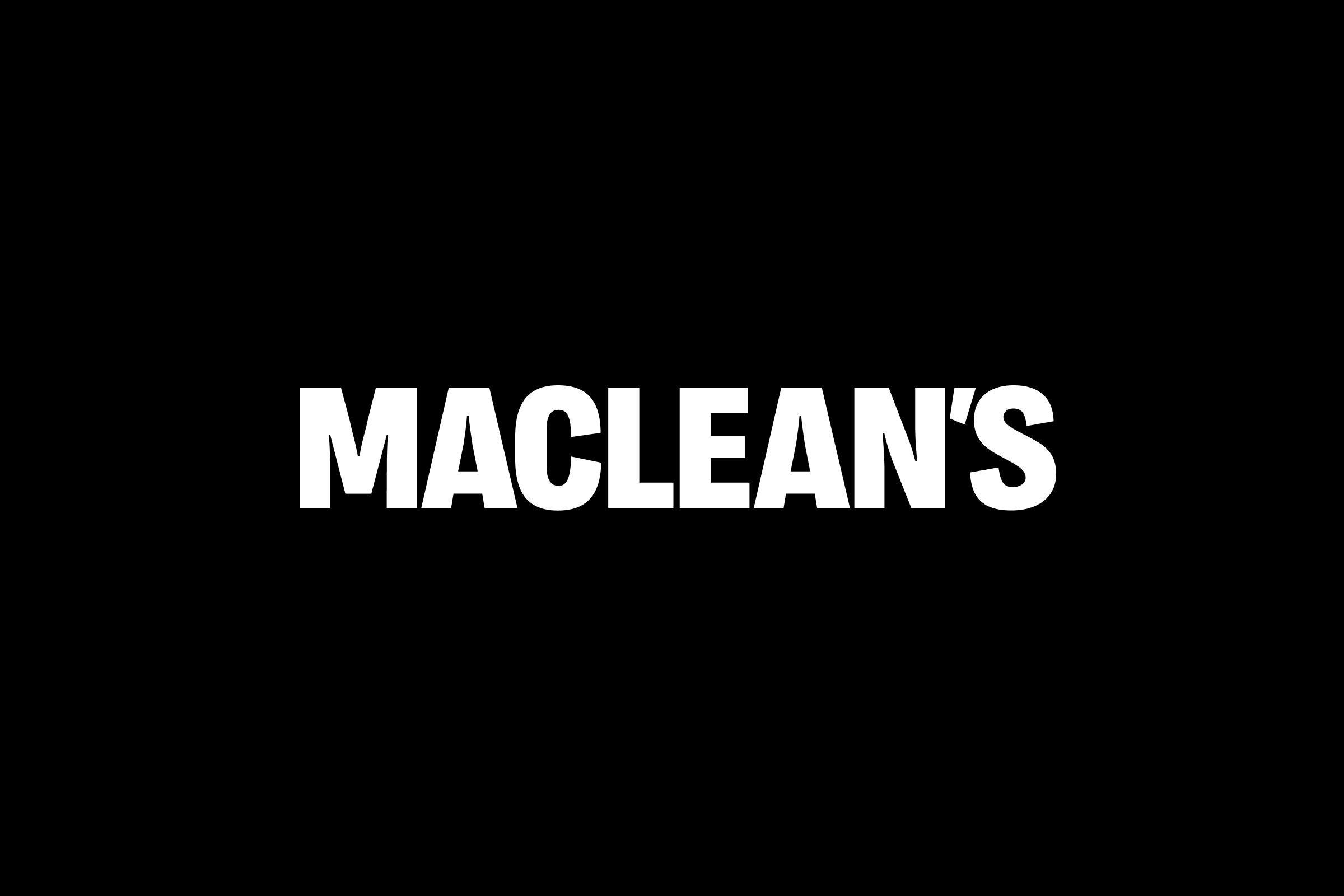blindness
How to cure blindness, concussions and baldness
What seems like science fiction is now becoming reality
From Trudeau’s woman troubles to Reform MPs’ moral missteps
Craig Oliver recounts life on the Hill in ‘Oliver’s Twist: The Life and Times of an Unapologetic Newshound’
Brian McKeever’s blind determination
He was set to make history, but the Paralympic athlete won’t compete tomorrow (UPDATE)
A vision to behold
New computer-based exercises help retrain the brain to see
Film Reviews: ‘Blindness,’ ‘Rachel Getting Married,’ ‘Nick and Norah’s Infinite Playlist,’ ‘Religulous,’ ‘How to Lose Friends & Alienate People’
A big slate this weekend. The movie of the moment that everyone’s raving about, me included, is Jonathan Demme’s Rachel Getting Married. It’s a must-see, and Anne Hathaway is Oscar’s first It Girl. Then there’s a deck of jokers to choose from—Canada’s Michael Cera, America’s Bill Maher and Britain’s Simon Pegg—in Nick and Norah’s Infinite Playlist, Religulous and How to Lose Friends and Alienate People respectively. But if you’re in the mood for a thought-provoking drama to accompany world economic collapse, the movie of choice is Blindness. This elegant disaster movie—a Canadian co-production blessed with an unusually wide North American release—is no walk in the park. But with the world as we know it going down the tubes, it has a timely resonance and gives you something to talk about after the final credits.
Star Wars: that was Moby who blitzed the VIP area
I never recognize anyone. In my recent blog about the Saturday night party of Blindness (Blindness, Deafness and Babbling Zombies), the geeky DJ who cranked up the sound and pointed the speaker at the VIP area—forcing stars like Juliane Moore and Gael Garcia Bernal to plug their ears and flee from their velvet-rope pen—was none other than Moby.
Blindness, deafness and babbling zombies
One of the maddening things about TIFF, at least for a journalist trying to cover it single-handedly, is that most the action is front-loaded into the opening weekend. That’s when the big, star-driven movies premiere. The Hollywood studios invite a horde of North American press into town for junkets to promote these prestige pictures , and many of those same journalists have gone home by Tuesday or Wednesday. Which means if you want to get maximum media exposure for your film, you need to show it on the opening weekend. Which makes for a hectic time, to say the least. All this is by way of an apology to say it’s hard to find time to see all the absolutely unmissable films, interview all the absolutely irresistible stars and find time to blog on a daily basis. You’re always running to catch up to a festival that seems to be forever sliding through your hands.
The passion and politics of opening night
Start your engines, and let the madness begin. For the next ten days, TIFF turns Toronto into the Cannes of North America, but rather than promenading down the Croisette by the beaches of the Côte d’Azur, those rushing to premieres will be sidestepping construction sites along Bloor St. in a city so thoroughly excavated it’s beginning to look like a Designer Walk war zone. Never mind. For those on their annual fall search for the cinematic grail, that’s just another obstacle. Navigating a major film festival is always an extreme sport. Scrambling t score a tough ticket or uncover a hidden gem is the name of the game. At TIFF, the stakes are high: no film festival in the world has a richer program. Which doesn’t mean all the films are great, or even good. No, with 312 films—including 249 features—from 64 countries, TIFF can seem like a motion picture paradise, or the industrial outlet mall of world cinema. The trick is to be at the right film at the right time.
And now, the final credits. . .
So in the end, how was Cannes? As I’m writing this, at 36,000 ft. somewhere above Greenland, I realize I’ll need a response for that question by the time I get back. The short answer: the weather sucked, and it wasn’t a banner year for films, but there were some good ones. They still need time to settle. As much as critics grumble about the quality of the films when we’re racing around the festival, by the end of the year, they’re usually starting to look pretty good. Some final reflections:
Fear of the red carpet
Don Mckellar at the party for Blindness, the opening night gala in Cannes:
How opinion forms in Cannes
Went to the Blindness party, which got going just before midnight at the Carlton Beach after the Cannes opening gala. Walked through a corridor of white fog to get to a soirée where Veuve Clicquot flowed like Kool-Aid and waiters swooped about with fishy things on toothpicks. The white fog was the only thematic concession to the movie. Some had joked that we would be eating in the dark, like in one of those light-starved restaurants, or groping each other on a dance floor slick with the sort of filthy slime that covered the floors of the film’s quarantine internment camp for the blind. But there wasn’t a dance floor. And some of the black-tie crowd seemed, well, blindsided by the bleakness of the film. Despite an uplifting ending that’s arrives like an oxygen tent of fuzzy sentiment, this movie is a grueling ride, and not typical of opening night galas in Cannes. Opinions about the film were mixed, although those at the premiere reported the audience was attentive and the ovation respectful. I’d seen the film with the press, whose opinions were also mixed, verging on negative.
With the blonde leading the blind, let the games begin
On the eve of the 61st Cannes Film Festival, the French Riviera is cool and overcast. The local merchants are doing a brisk business in overpriced umbrellas. (With the over-caffeinated Euro pushing a coffee up to $5 here, French waiters now have a currency to match their attitude.) Tomorrow night a Canadian film will open Cannes for the first time in 28 years. Blindness is a co-production with Brazil and Japan. But despite the global pedigree and Brazilian director (City of God‘s Fernando Meirelles), Blindness was initiated and brought to fruition as a Canadian project —by Rhombus Media producer Niv Fichman and Toronto screenwriter Don McKellar, who spent six years adapting the novel by Nobel laureate José Saramago.


